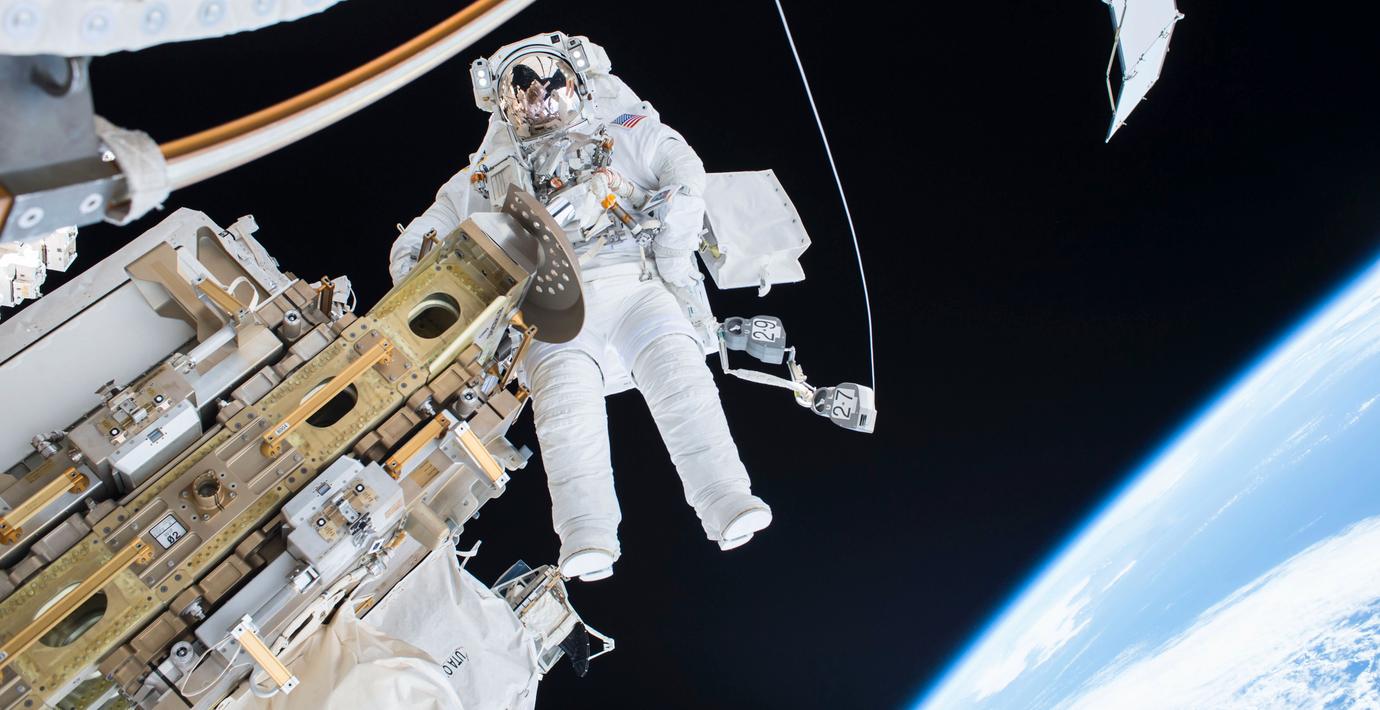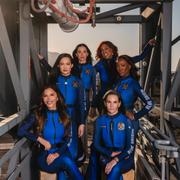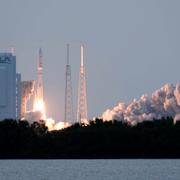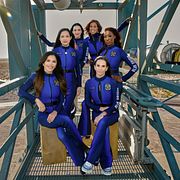
Nasa: Rymdstationen ISS ska öppnas för turister
Rymdstationen ISS kommer att öppnas för turister och företag från och med nästa år, uppger Nasa i ett pressmeddelande.
Enligt rymdmyndigheten planerar man att låta företag inom tillverkningsindustrin och medicinforskning få använda ISS för forskning. Dessutom ska rymdstationen göras öppen för två korta turistresor per år, enligt AFP.
bakgrund
ISS
Wikipedia (en)
The International Space Station (ISS) is a space station, or a habitable artificial satellite, in low Earth orbit. Its first component was launched into orbit in 1998, with the first long-term residents arriving in November 2000. It has been inhabited continuously since that date. The last pressurised module was fitted in 2011, and an experimental inflatable space habitat was added in 2016. The station is expected to operate until 2030. Development and assembly of the station continues, with several new elements scheduled for launch in 2020. The ISS is the largest human-made body in low Earth orbit and can often be seen with the naked eye from Earth. The ISS consists of pressurised habitation modules, structural trusses, solar arrays, radiators, docking ports, experiment bays and robotic arms. ISS components have been launched by Russian Proton and Soyuz rockets and American Space Shuttles.The ISS serves as a microgravity and space environment research laboratory in which crew members conduct experiments in biology, human biology, physics, astronomy, meteorology, and other fields. The station is suited for the testing of spacecraft systems and equipment required for missions to the Moon and Mars. The ISS maintains an orbit with an average altitude of 400 kilometres (250 mi) by means of reboost manoeuvres using the engines of the Zvezda module or visiting spacecraft. It circles the Earth in roughly 92 minutes and completes 15.5 orbits per day.The ISS programme is a joint project between five participating space agencies: NASA (United States), Roscosmos (Russia), JAXA (Japan), ESA (Europe), and CSA (Canada). The ownership and use of the space station is established by intergovernmental treaties and agreements. The station is divided into two sections, the Russian Orbital Segment (ROS) and the United States Orbital Segment (USOS), which is shared by many nations. As of January 2018, operations of the American segment were funded until 2025. Roscosmos has endorsed the continued operation of ISS through 2024, but has proposed using elements of the Russian segment to construct a new Russian space station called OPSEK.The ISS is the ninth space station to be inhabited by crews, following the Soviet and later Russian Salyut, Almaz, and Mir stations as well as Skylab from the US. The station has been continuously occupied for 18 years and 216 days since the arrival of Expedition 1 on 2 November 2000. This is the longest continuous human presence in low Earth orbit, having surpassed the previous record of 9 years and 357 days held by Mir. It has been visited by astronauts, cosmonauts and space tourists from 18 different nations. After the American Space Shuttle programme ended in 2011, Soyuz rockets became the only provider of transport for astronauts at the ISS.
The station is serviced by a variety of visiting spacecraft: the Russian Soyuz and Progress, the American Dragon and Cygnus, the Japanese H-II Transfer Vehicle, and formerly the American Space Shuttle and the European Automated Transfer Vehicle. The Dragon spacecraft allows the return of pressurised cargo to Earth (downmass), which is used for example to repatriate scientific experiments for further analysis. The Soyuz return capsule has minimal downmass capability next to the astronauts.
As of 14 March 2019, 236 people from 18 countries had visited the space station, many of them multiple times. The United States sent 149 people, Russia sent 47, nine were Japanese, eight were Canadian, five were Italian, four were French, three were German, and there were one each from Belgium, Brazil, Denmark, Kazakhstan, Malaysia, the Netherlands, South Africa, South Korea, Spain, Sweden, and the United Kingdom.
Omni är politiskt obundna och oberoende. Vi strävar efter att ge fler perspektiv på nyheterna. Har du frågor eller synpunkter kring vår rapportering? Kontakta redaktionen



